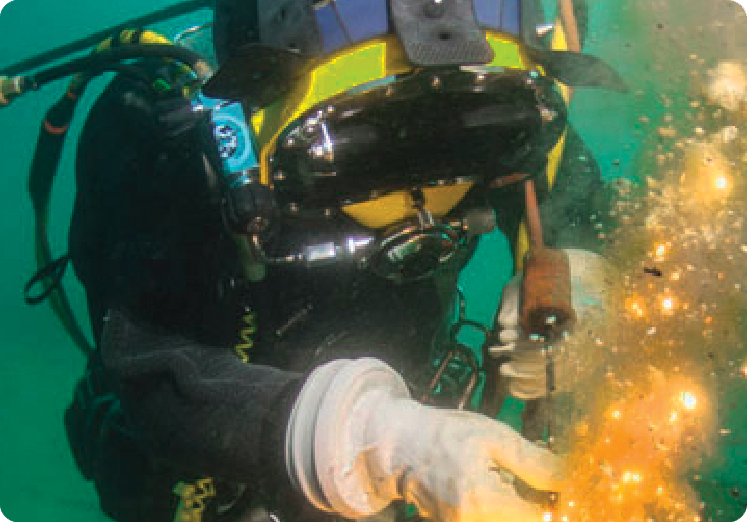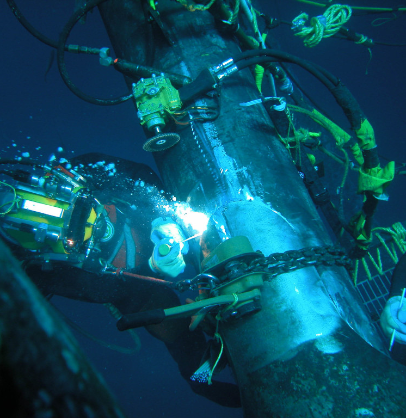ADAS understands that there are many competent divers out in the workforce who are not ADAS certified and functioning quite happily. Those divers, for whatever reason (e.g. to comply with the law regarding construction diving, to improve their employment chances, etc) may at some point decide that they want an ADAS certificate. These divers may have been diving for years and have hundreds of dives under their belt and maybe thousands of hours in the water. For these reasons, ADAS has developed a Recognition of Prior Learning (RPL) system which takes a divers previous training and experience into consideration.
Divers in these circumstances are not able to automatically receive an ADAS certification without going through the RPL process because:
ADAS has, in conjunction with its national industry advisors and its international partner certification organisations, put together a highly developed set of Diver Competence Standards. These standards cover all aspects of diver safety and basic procedures for each level of certification. ADAS is committed, through its agreements with its partners, to ensuring that each and every diver who receives an ADAS certificate has been assessed against those standards – whether by ADAS or one of its international partners.
There are a range of procedures in use throughout the industry, some good, some bad, some just different. ADAS is totally committed to ensuring that its standards are set at the level of world best practice and to continuously reviewing and improving those standards wherever possible. With a number of Accredited Training Establishments (ATEs) accredited to train ADAS divers, ADAS has developed a strict set of standard procedures which the ATEs must use to ensure consistency across the range of those schools. Every ADAS graduate should have the same set of base skills and knowledge for a given course. This is particularly important in the area of standby diver drills, diver rescue, and accident and emergency management. ADAS needs to ensure, for quality control, standardisation and liability reasons, that every diver that possesses an ADAS certificate has been assessed against this range of skills and knowledge.
ALL divers applying for ADAS certification MUST undertake a full practical and theory assessment of their skills and knowledge against the nominated ADAS Diver Competency Standards for that ADAS qualification. The only exception to this rule is for those divers crossing-over from an organisation with whom ADAS has a formal reciprocal recognition agreement (e.g. the UK Health and Safety Executive, the Diver Certification Board of Canada, etc). More information about crossing-over can be found on the International and Military Equivalents page of the ADAS website.


Highly experienced construction divers who currently hold no accepted diving ticket!

Please see our ADAS Part One, ADAS Part Two or ADAS Part Three diving courses for a full list of all unit standards accomplished on our ADAS RPL diving course.
Still Wondering Where to Begin?
it was the best 3 months of my life, it went so quick as the course was enjoyable and we were doing different things every day. Thanks, CDA for a great course and helping me find employment after the course. Anyone thinking of doing the course just do it you want regret it, the school has great facilities, you’ll meet new friends and get the best training available anywhere.
Scott Perry
ADAS Air Diver
The facility, equipment and training that is offered and available to students is nothing short of amazing. The Saturation barge is an experience within its self. I'd doubt you'd get this type of experience anywhere else in the southern hemisphere.
Robbie Buck
ADAS Air Diver
one of the biggest things a noticed was that students even from Part 1 and 2 were being trained exactly as we would if we were working on an offshore and onshore worksite. Something I feel I missed out from previous training elsewhere.
Luke Moxham
ADAS Air Diver